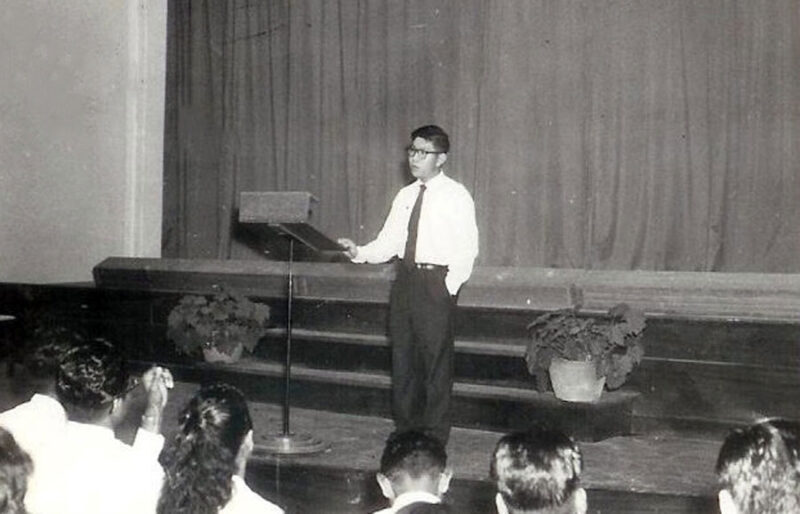
“Skills to treat, and heart to care”
Dr. Lee grew up on a war-ravaged island in Malaysia to a small shop owner and his wife. When he was 14, his father was hospitalized at the Adventist Missionary Hospital in Penang, Malaysia. It was there that Dr. Lee first saw the “skill to heal, and spirit to care” that saved his father’s life.
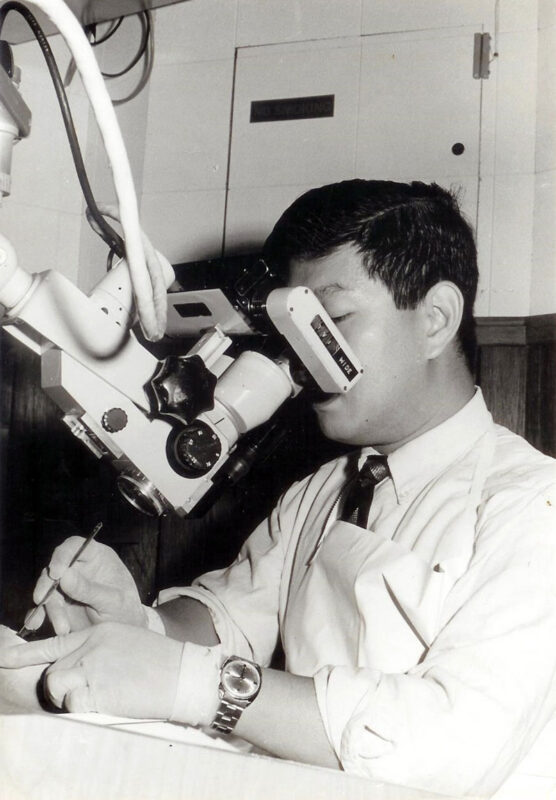
At age 15, while still in Malaysia, Dr. Lee discovered the names of three schools in the United States — Columbia, Harvard, and Yale. He aimed to write letters to these schools and one day attend one of them. He could not find addresses for the schools, so he waited outside the US Consulate until the Consul’s car began to leave. He introduced himself and told the Consul he wanted to write to those schools because he intended to attend one. As luck would have it, the Consul was a Columbia alumnus and invited the young man to tea. There, he gave the teen the names and addresses of the admissions directors of the three schools.
Dr. Lee received a full scholarship to study at Harvard, but first, he had to get there. He sailed on a freighter that carried him the 8,991 miles to New York Harbor. He completed his undergraduate degree in three years, later receiving his medical degree from Columbia University. He chose to become an otolaryngologist-head and neck surgeon and studied at the Massachusetts Eye and Ear Infirmary, a teaching hospital of Harvard.
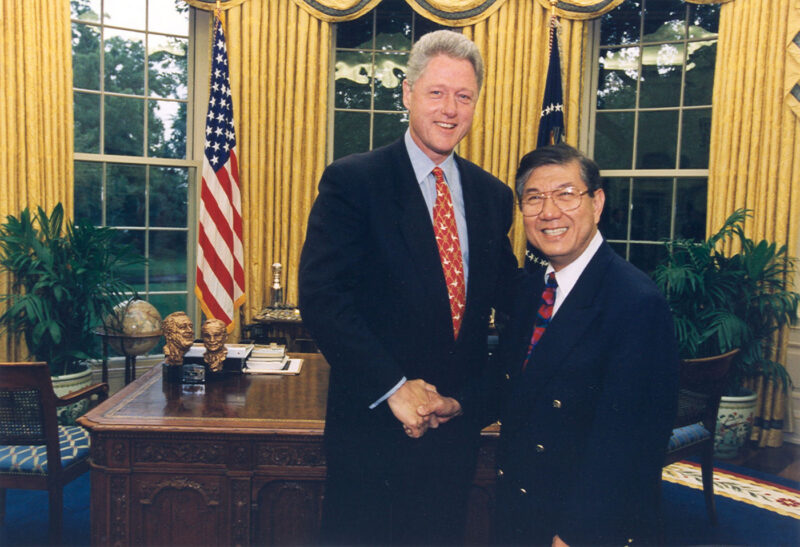
When it came time to take his board exams, Dr. Lee realized there was no standard curriculum for what head and neck surgery programs taught their residents. Candidates for the exams didn’t know what to expect. He wanted to pass the first time; he had a family to support. So, he began reviewing all the textbooks he could find and read all the journal articles published in the previous five years. He took notes on index cards and filed them in shoeboxes. Others wanted to borrow the cards, but many got lost, so Dr. Lee decided he should publish his review notes so others could have them. But no publisher thought a surgeon just out of residency should be the author of a textbook. He found a man who would “publish” photocopies of his index cards placed in a little binder that would fit in a lab coat pocket. Those notes have become the most revered textbook in otolaryngology — KJ Lee’s Essential Otolaryngology, first published in 1973 and now in its 12th edition.
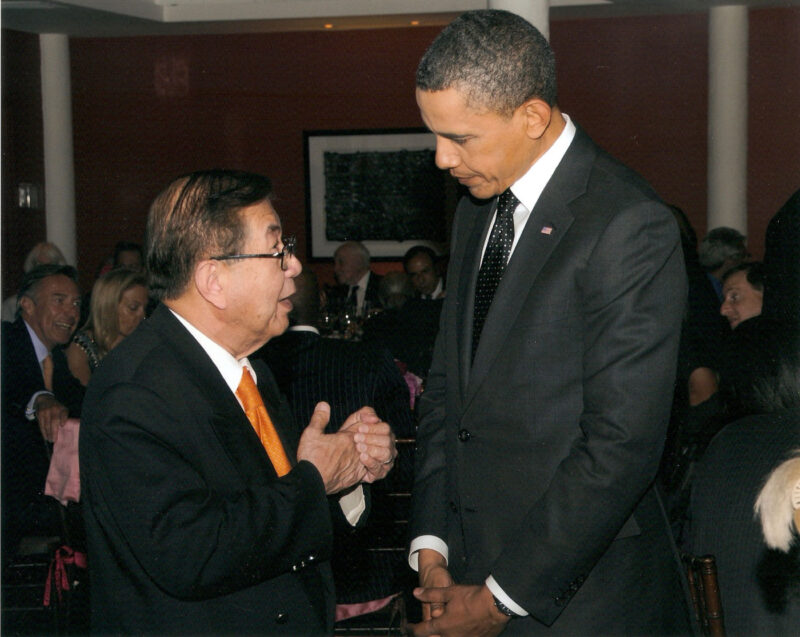
“A good doctor takes care of the disease. A great doctor takes care of the patient.”
Dr. Lee’s professional accomplishments include serving as president of the New Haven Medical Association; President of the American Academy of Otolaryngology — Head and Neck Surgery (AAO-HNS), Chairman of the Medical Board at the Hospital of St. Raphael, and President of the Hospital of St. Raphael medical staff; numerous fellowships and presidential citations for service to AAO-HNS, along with many academic appointments.
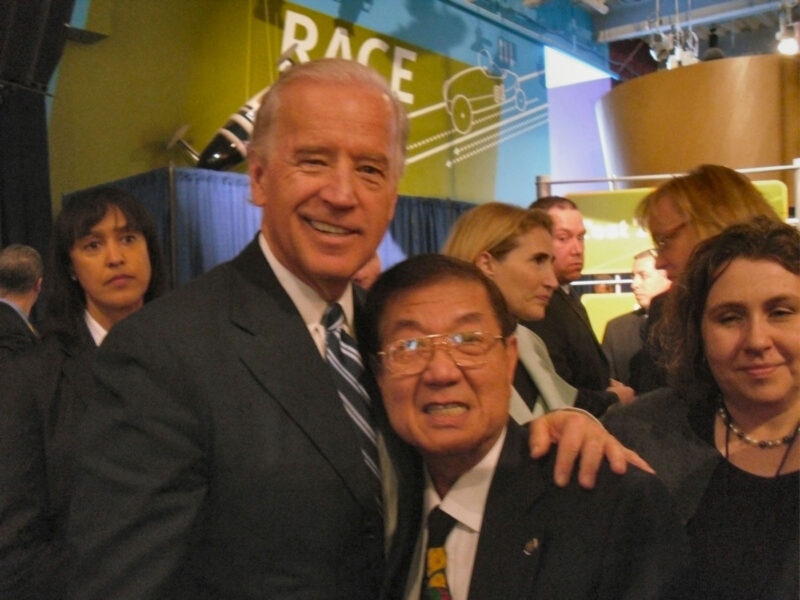
Service has driven Dr. Lee’s professional career. His deep faith and his witness to the power of combining the science and art of medicine are powerful influences.
He carries a pen quoting Hippocrates, “Cure sometimes, treat often, comfort always.”
Dr. Lee established the annual CT Lee Lectureship on Humanistic Compassionate Care in the Department of Otolaryngology at the Yale School of Medicine to teach surgeons about the importance of blending the knowledge to heal with the heart to care and to treat every person as if the patient is you, and to honor his father’s memory. He is also the founder of CT Lee Endowed Lectureship in Spirituality at the Department of Otolaryngology — Head and Neck Surgery at Harvard through the Massachusetts Eye and Ear Infirmary.
In 2017, he worked with a Chinese philanthropist to establish The Patient is U Foundation, Inc. His first action items were:
To impart, educate, and promote to all those who come into contact with the sick, the importance of blending humanism with great outcome at a sensible cost. Knowledge to treat, heart to care.
To educate the sick and their families to become better equipped to interact with the caregivers and navigate the complex system.